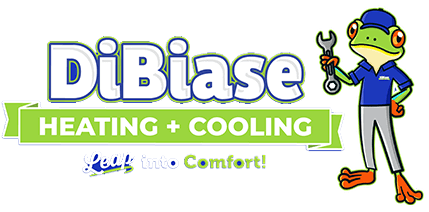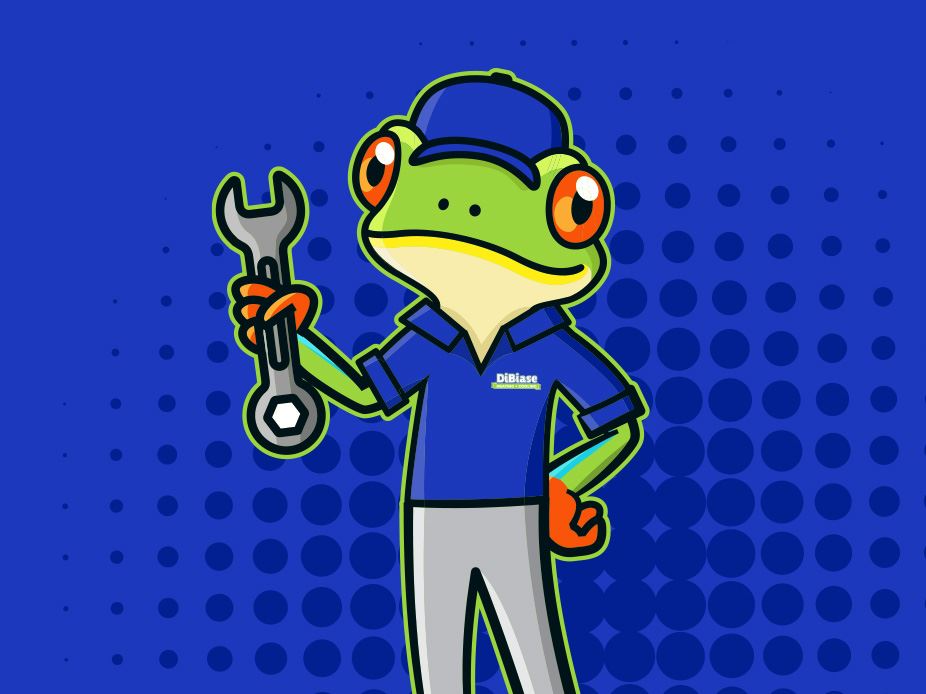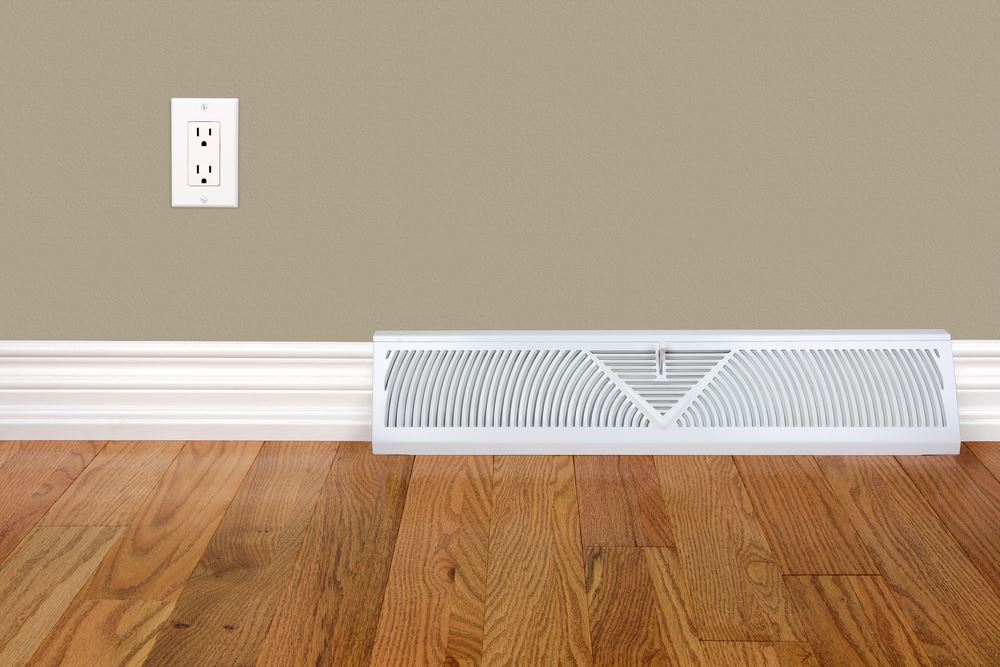7 Signs It’s Time to Upgrade Your HVAC System
To replace or not to replace your HVAC system? That is a good question. You may find yourself struggling with deciding whether or not it’s time to replace your HVAC unit. The typical lifespan of a heating and cooling system is around 15-20 years or longer with regular maintenance.
There are several factors that can help you determine if it’s time to invest in an upgrade. Our heating and cooling professionals at DiBiase Heating and Cooling Company want to help you make an informed decision with these signs that it’s time to replace your HVAC unit.
1. Your Unit is Aged
If you have owned your heating and cooling unit for at least 20 years, you may want to begin the search for a new one. Most homeowners forget that these units don’t last forever, and one day the unit gives out because of old age.
2. Expensive Repairs
When your unit reaches the end of its lifespan, it’s more financially beneficial to you to purchase a replacement unit. In some cases, costs to repair a broken unit can be close to how much it costs to replace it. A general rule of thumb is that if your repairs are going to cost at least half of what it costs to repair your unit, we suggest you purchase a replacement unit instead.
3. Frequent Repairs
Repairing a broken HVAC shouldn’t be a frequent occurrence. Calling your local HVAC repair technician multiple times in one year is a sign that there is a bigger issue and you may want to consider investing in a new system. Having to schedule an appointment multiple times in a short period of time can add up after a while, and running into this issue is a sure sign it’s time to look into buying a new system.
4. Your Unit Doesn’t Turn Off
One of the best advantages of having central air and heat is the fact that you can put your thermostat to automatically turn on and off throughout the day. However, in extreme temperatures, your unit will work harder to provide enough heat or cold air to make your home feel comfortable.
But, what happens when your unit just doesn’t turn off? This is a costly indication that your unit may need to be replaced. A constantly running HVAC system is not an energy-efficient unit, and you should speak with an experienced technician about finding the right replacement.
5. Tripped Circuit Breaker
While it’s true that if your HVAC unit only trips your circuit breaker once isn’t anything to worry about, frequent trips are different. If you have a recurring issue with your circuit breaker tripping because of your HVAC system, you should consider scheduling a repair with your local technician.
6. Rising Energy Bills
If you notice that your utility bill has suddenly spiked for the month and you haven’t done anything differently, the issue could be your heating and cooling system. When an HVAC system is dying, it will work harder to provide heat and cold air for your home, making it less efficient and using more energy.
If your system is constantly running, not working efficiently, and sucking up your home’s energy, then it’s very likely it’s time to start shopping for a more efficient replacement.
7. Foul Odors
Does your home smell funny when you turn on the heat or air conditioning? When the seasons change and you use your air or heat for the first time in a while to regulate the temperature in your home, you may smell an odor coming from your vents. However, if you smell a foul odor most of the time, no matter if you’re switching from hot to cold, then you have a deeper problem and should contact your HVAC technician for a replacement.
Is Your HVAC System Under 10 Years Old?
Like we said, a good HVAC system should last 15 years or longer with routine maintenance. But what if your newer model central air unit is malfunctioning or underperforming? If an HVAC technician recommends that you replace it, seek a second opinion. We’re happy to check it out and give you an honest assessment free of charge. It may be that your HVAC system has several more good years ahead of it with a repair or a tune-up. To schedule your appointment, contact our Downingtown, PA team today at (844) 233-5468.


